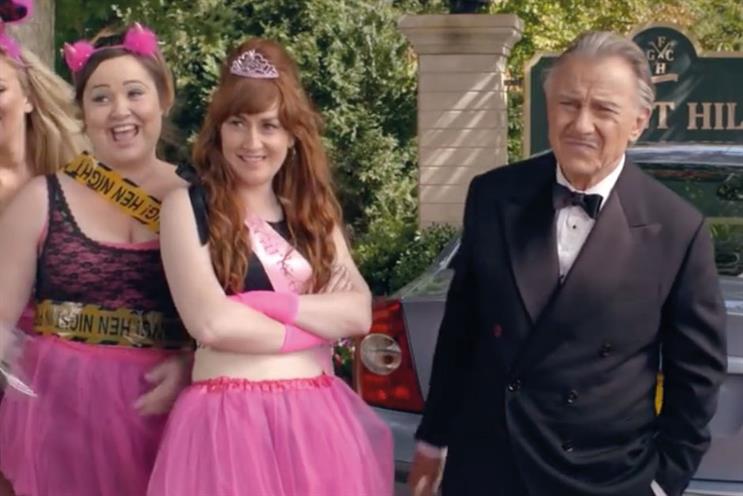
Adam & Eve/DDB group chief executive James Murphy condemned traditional pretesting as old-fashioned during a session at Cannes Lions. He revealed that his agency’s award-winning work for John Lewis would not have made it past this type of process.
Lucky Generals founding partner Andy Nairn called pretesting a throwback to "an age where marketers believed that consumers were rational beings making very conscious choices and where persuasion was the dominant communications model".
Measuring explicit responses was no use for campaigns that relied on an emotional response, according to Darren Bentley, marketing director at Moneysupermarket.com, because "people in general aren’t great at talking about how they feel".
Pretesting was a "cop-out, the last refuge of the nervous and risk-averse advertiser", Julian Douglas, vice-chairman at VCCP, argued. He added that using the same approach over many years led to formulaic solutions.
However, Jane Bloomfield, head of sales and marketing at Kantar Millward Brown, home of the Link test, defended the practice. She said pretesting should be part of a multi-faceted creative development process.
Bloomfield said: "There are a whole range of tools and techniques available to advertisers. Research is sometimes an afterthought – it can come quite late in the process. If you start earlier and include the agency and brief them incredibly well, that’s going to guide how you design a creative development programme."
While warning against "killing creativity" by over-testing a campaign, Pete Markey, marketing director at TSB, conceded that pretesting was "still valuable but needed to evolve". He added: "A combination of insight approaches helps to build a better and stronger picture."
Too much reliance on pretesting also threatens to undersell the strengths of an idea, Mark Evans, marketing director at Direct Line Group, argued. Direct Line’s campaign featuring Pulp Fiction character Winston Wolfe had tested quite well but the risky humour of the ads meant instinct was also required.
Evans said: "Testing was important in order to align the whole organisation, but we also needed a dollop of bravery to drive through the notion of having a gangster as our spokesperson in one of the lowest-trust sectors in the economy."
The prevalence of testing is a symptom of the falling value of advertising to marketers and an "ass-covering measure" for junior marketers increasingly tasked with making decisions, Fold7 strategy partner Yelena Gaufman suggested.
Brands should instead focus on the strategy underpinning it, Gaufman said: "If you know the thinking behind it is sound, the creative work can be a much more human, instinctive thing."
Nationwide chief marketing officer Sara Bennison pointed out that brands had a responsibility to create an environment where it was unnecessary to prove "something will work in theory before it has a chance to in the real world".
Abbott Mead Vickers BBDO group chaiman and group chief executive, Cilla Snowball, added: "The age old conundrum is that whilst we all know emotional advertising is more effective in ROI terms, by definition it's very hard to test, which means clients and agencies have to take huge leaps of faith and trust their creative judgement.
"Quantitative research justifies the decision to proceed with the cost of producing and running campaigns. As always the solution lies in brave teams truly understanding their consumers, reading the data sensitively and resolutely backing EQ over IQ."
EQ stands for emotional quotient – a measure of emotional intelligence.




.jpg)
.jpeg)
